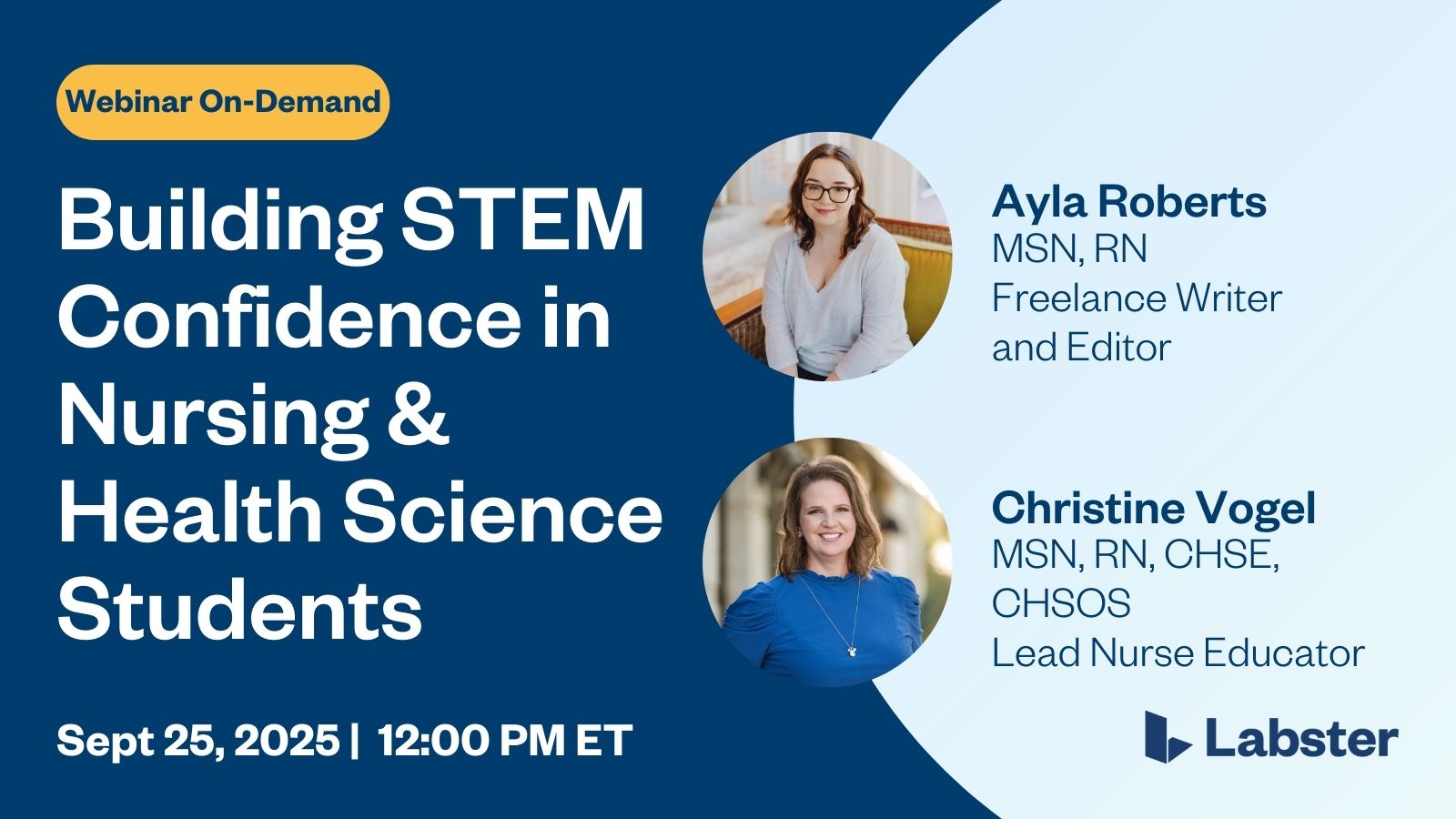.jpeg)
Author
Table of Contents
Name of the heading
In today's rapidly evolving job market, the notion of career readiness has gained significant prominence. The traditional approach to education and employment has shifted, with a greater emphasis on preparing individuals to thrive in the dynamic and competitive professional landscape. This is especially important in STEM education.
Jobs in STEM are growing rapidly! However, according to the National Math and Science Initiative, only 36% of high school students are ready for college-level science courses.
Career readiness encompasses a range of skills, knowledge, and attitudes that empower individuals to succeed in their chosen careers. This article will delve into the concept of career readiness for the student experience, highlighting its significance and shedding light on its core components.
Key Components of Career Readiness
Core Academic Skills
Foundational skills in reading, writing, STEM, and critical thinking provide the basis for career readiness. Proficiency in these areas allows individuals to effectively communicate, analyze information, solve problems, and make informed decisions.
Technical Skills
In addition to core academic skills, career readiness also entails specific technical skills relevant to a particular industry or profession. These skills may include proficiency in computer programming, data analysis, a particular field of STEM, or any other specialized knowledge required for success in a chosen field.
Employability Skills
Also known as "soft skills" or "transferable skills," employability skills are essential in navigating the modern job market. These skills include communication, teamwork, problem-solving, adaptability, leadership, and a strong work ethic. They enable individuals to collaborate effectively, demonstrate professionalism, and thrive in diverse work environments.
Career Exploration and Planning
Career readiness involves self-reflection, exploration of different career options, and developing a well-defined career plan. This includes understanding personal interests, values, and goals, researching various industries, and making informed decisions about career pathways.
Work-Based Learning Experiences
Practical experiences such as internships, co-op programs, apprenticeships, and volunteering provide valuable opportunities to apply theoretical knowledge in real-world contexts. These experiences enhance career readiness by fostering hands-on skills development, networking, and exposure to professional environments.
Why is Career Readiness in STEM Important?
The US Dept of Education is considering changes to the required Gainful Employment statistics that institutions must report. This will impact administrators whose STEM programs must disclose whether they are turning out employable graduates.
One of the metrics they’d be assessed by would be: “At least half of graduates have higher earnings than a typical high school graduate in their State's labor force who never pursued a postsecondary education.”
It’s more important than ever to ensure your students are college and career ready.
Conclusion
Career readiness is a multifaceted concept that encompasses a range of skills, knowledge, and attitudes necessary for success in the workplace. It goes beyond academic achievements and focuses on holistic preparation for the dynamic world of STEM work.
Interested in helping provide context to STEM topics, giving learners a chance to see how their courses fit into the bigger picture, and applying their skills in real-world scenarios? Get started with Labster today!
FAQs
Heading 1
Heading 2
Heading 3
Heading 4
Heading 5
Heading 6
Lorem ipsum dolor sit amet, consectetur adipiscing elit, sed do eiusmod tempor incididunt ut labore et dolore magna aliqua. Ut enim ad minim veniam, quis nostrud exercitation ullamco laboris nisi ut aliquip ex ea commodo consequat. Duis aute irure dolor in reprehenderit in voluptate velit esse cillum dolore eu fugiat nulla pariatur.
Block quote
Ordered list
- Item 1
- Item 2
- Item 3
Unordered list
- Item A
- Item B
- Item C
Bold text
Emphasis
Superscript
Subscript





